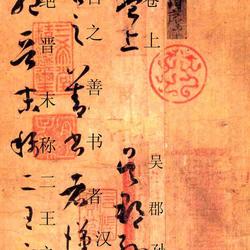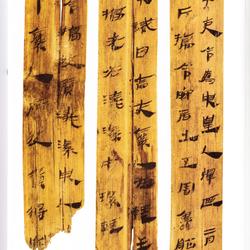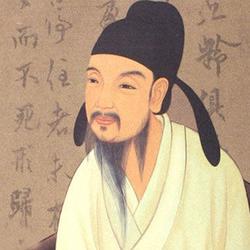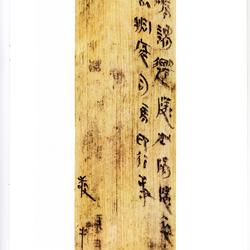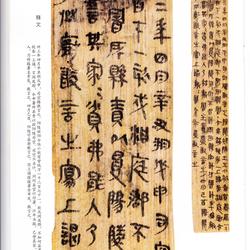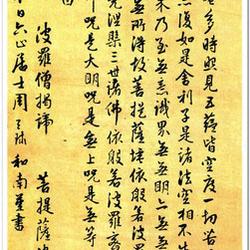"Heart Sutra" by Zhang Rui of Ming Dynasty
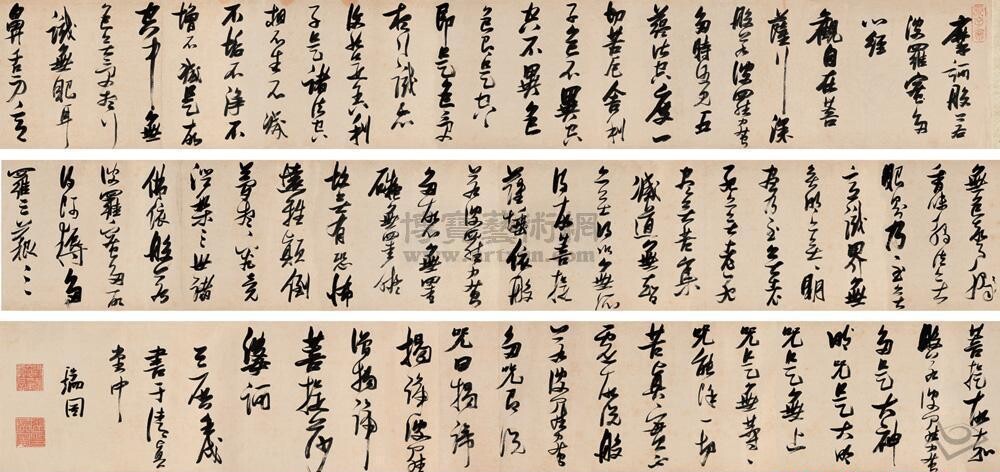
Year: 1622
Size: 35×709cm
In the 2009 Beijing Kuangshi autumn auction, it was sold for 11.312 million yuan. It was previously collected by Iwamura Seiyun, a famous scholar in modern Japan.
Inscription: Tianqi Renxu, written in the Qingzhen Hall. Ritu.
Seal: Zhang Rui's picture seal, writing in great excitement and shaking the Five Mountains, Mustard Seed Pavilion
This volume of the "Heart Sutra" was written in Renxu of Tianqi (the second year of Tianqi, 1622), which was when Zhang Ruitu had a smooth official career and was promoted repeatedly, and his mood was relatively comfortable. At this time, Zhang Ruitu's calligraphy was in the early stages of mature personal style. When writing brush strokes, he combined the intention of imitating the skills of his predecessors and the publicity of expressing personal habits, alternating with each other, so it appeared to be flexible and harmonious. , there is no simplistic habit of exaggerating twists and turns and twists and turns in his later years.
Like Zhang Ruitu's other calligraphy at this stage, in this volume of "Heart Sutra", the author's unique image characteristics of straight writing, straight turns, and simple and tight knots have been quite obvious and clear, and can also be grasped and applied. Very skillful and free-spirited. Since the structure of the fonts is alternating between cursive and cursive, the priorities of the stipples, the size of the fonts, and the thick, dry, and wet ink throughout the text all appear to be richly varied, with obvious contrasts and at the same time natural transitions and coordination. From this volume, the flexibility of the writing style, the vividness of the writing, as well as the several omissions and omissions in it, one can even imagine the author's state of immersion in writing with smooth ink and energy. Generally speaking, the wonderful works of most calligraphers often occur when their techniques, rules and styles have initially matured, but have not yet become fixed and rigid to form a habit. This volume of "Heart Sutra" is a masterpiece that Zhang Ruitu left during the most active period of his artistic life.

